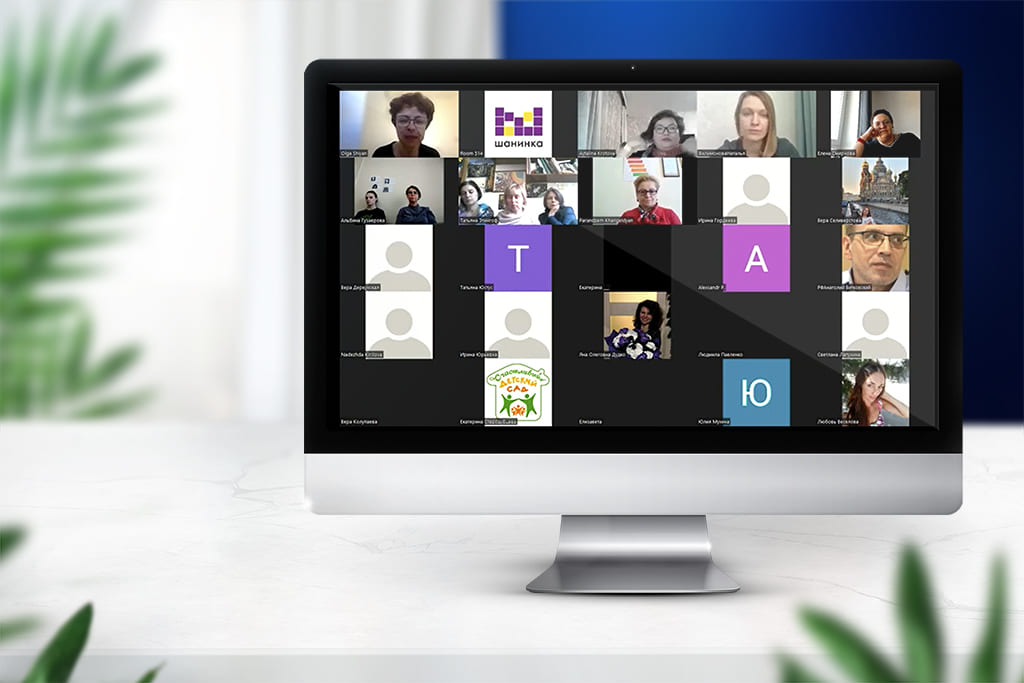On March 17—18, staff members of the MCU’s Research Institute of Urban Studies and Global Education participated in the 19th Annual International Conference Trends in Education Development: Right and Freedom in Education.
On March 17, Leading Research Fellow Olga Shiyan, Leading Research Fellow Tatiana Le-van, Junior Research Fellow Anna Yakshina, and Natalia Filimonova, Master’s student, presented the findings of the research on how children see co-participation in the pre-school groups within the minor plenary session Child’s Subjectivity in Culture: How Is It Possible? The Key Challenge of Pre-School Education. Anna Yakshina highlighted during the presentation:
You can see the minor plenary session here:
Further discussion was dedicated to the risks of falsifying and idealizing co-participation as well as the importance of re-considering the role of a co-participating educator. Within the roundtable session, the following question was raised: How can we simultaneously expand the children’s opportunities to influence life in the kindergarten and preserve the boundaries and foundations in their relations with adults?
You can see the roundtable session here:
On March 18, the roundtable session Tool for Pre-School Education Quality Assessment: the Necessary and the Sufficient was held within the conference. Anna Yakshina and Tatiana Tyumentseva shared the experience of system-developing assessment of education quality with the use of the Early Childhood Environment Rating Scale (ECERS-3) and practice of working with kindergarten teams.
The assessment becomes a formality and does not contribute to the development of the practice if it is held to monitor or present achievements. Quality development requires teamwork, and a crucial condition of its efficiency is the creation of the atmosphere of trust and the culture of professional discussion in the kindergarten. When educators choose a tool for assessment, they have to answer the question “Why do we need the assessment?” and discuss the values of different tools.
You can see the roundtable session here:

